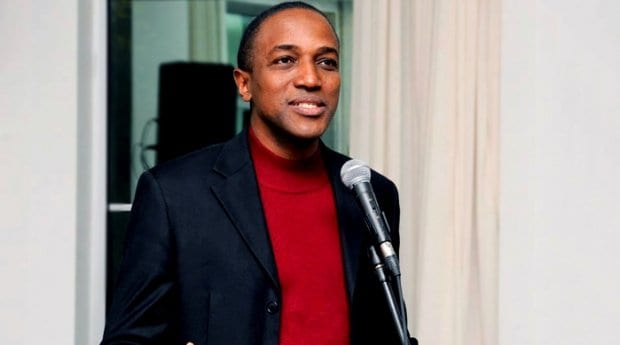The Caribbean Court of Justice (CCJ) dismissed a case to strike down laws that bar homosexuals from entering Belize and Trinidad and Tobago.
But Jamaican gay activist Maurice Tomlinson, who brought the case forward, characterizes the result as “losing to win.”
Tomlinson’s case hinged on the fact that, as a citizen of a member state of the Caribbean Community (CARICOM), his right to enter other member states was impinged by discriminatory laws in both states.
“I’m not surprised,” says Tomlinson over Skype from the Cayman Islands. “I know the CCJ was going to be cautious. I think they provided important clarification on the status of homosexuals in CARICOM. It’s a good first step.”
The court accepted testimony from Belize that its immigration law is not intended to prevent all homosexuals from entering the country, only those who engage in prostitution.
It also accepted evidence that Trinidad and Tobago does not bar homosexuals from entering in practice, despite what the law says. The court clarified that the law must be read in a way that is consistent with CARICOM treaties, meaning that homosexual CARICOM citizens cannot be barred entry to either country.
“It is now up to the international community to press for the repeal of this law so that it will be clear in relation to non-nationals of the CARICOM region,” Tomlinson said, noting that non-CARICOM citizens may still be legally barred from entering the two states even if immigration authorities do not block them in practice.
In 2007, anti-gay activists petitioned the Trinidad and Tobago government to enforce the law to prevent Elton John from performing a show in the country; the government refused and the show went ahead.
It’s the end of the road for a three-year legal journey through the court, which finally heard submissions from Tomlinson in March 2015. Because the court itself is located in Trinidad, Tomlinson had to appear by videoconference lest he break the law by entering.
In its concluding statement, the court also called on the states to voluntarily amend their immigration laws to harmonize with CARICOM treaty obligations, and to eliminate confusion between the actual administrative practices and the literal meaning of the laws. But Tomlinson is not hopeful that the states will take the court’s direction.
“I think for the time being the states are just going to let the decisions stand, unless there is some political pressure,” Tomlinson says.
But the decision allows Tomlinson to appear in person the next time he has a case before the CCJ. He’s currently pursuing a half-dozen LGBT rights cases, some of which may end up back at the CCJ due to its status as the final court for some member states.
“The declaration by the court is one thing,” he says. “Would I feel safe in the country? That’s another matter altogether. I can’t say that I feel safe in both countries. But would I go if I had something to address. Yes.”


 Why you can trust Xtra
Why you can trust Xtra


